A new survey asked over 200 climate and environmental scientists their opinions on reducing meat and dairy production to combat global warming.
An overwhelming three-quarters of respondents said that reducing livestock production would have a “large or very large” contribution towards reducing emissions. Some are calling for a drastic reduction in livestock numbers to happen immediately.
New Survey
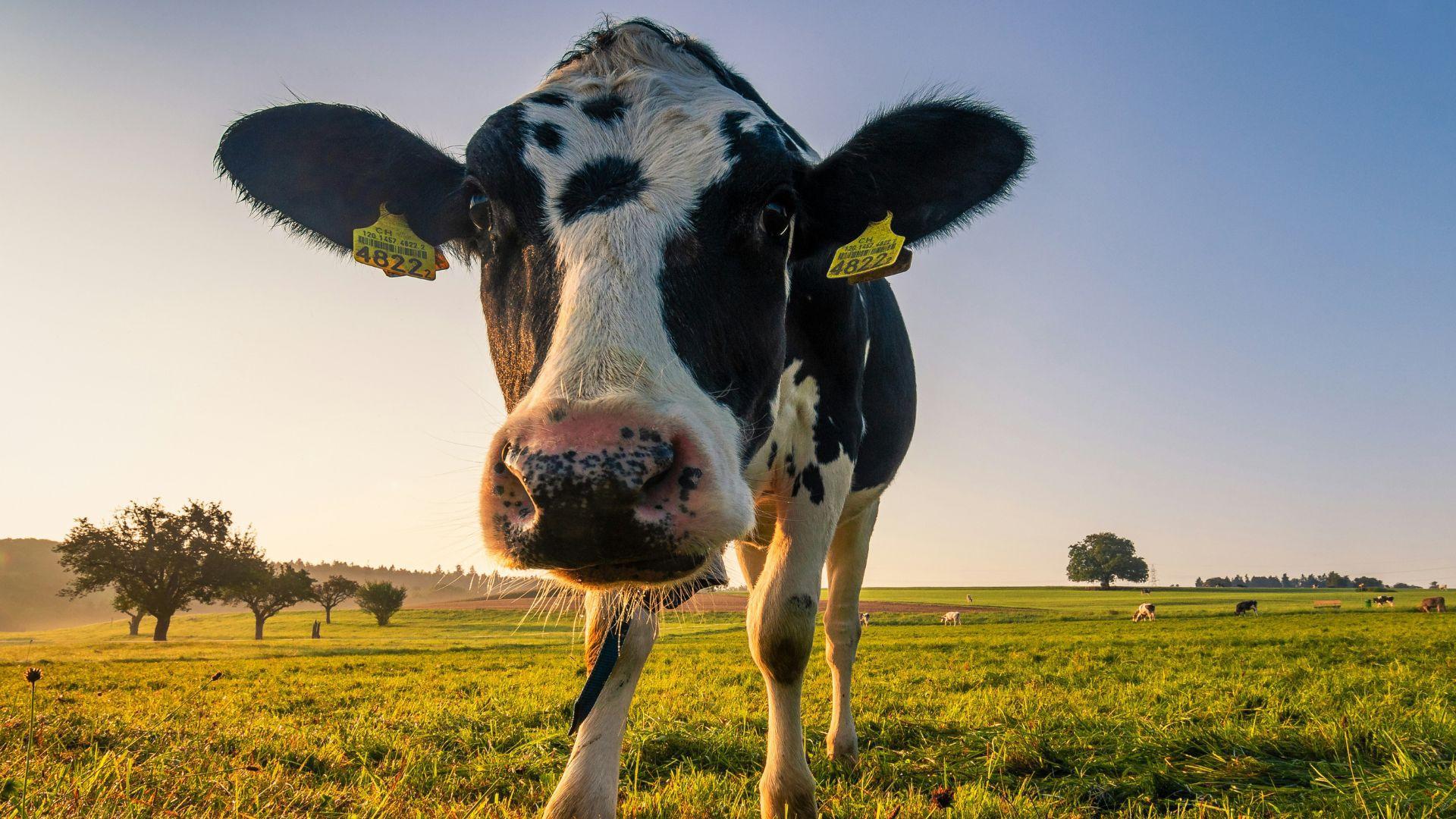
This Harvard survey is being called the first-of-its-kind in examining the range of opinions among scientists in livestock production and agricultural emissions. Most research in the area tends to focus more on aspects of energy production. The study is framed around compliance with the Paris Climate Agreement, which seeks to stave off the long-term effects of global warming.
“All aspects of society must be radically transformed to align with the global temperature limits of the Paris Agreement,” the study said.
Paris Agreement
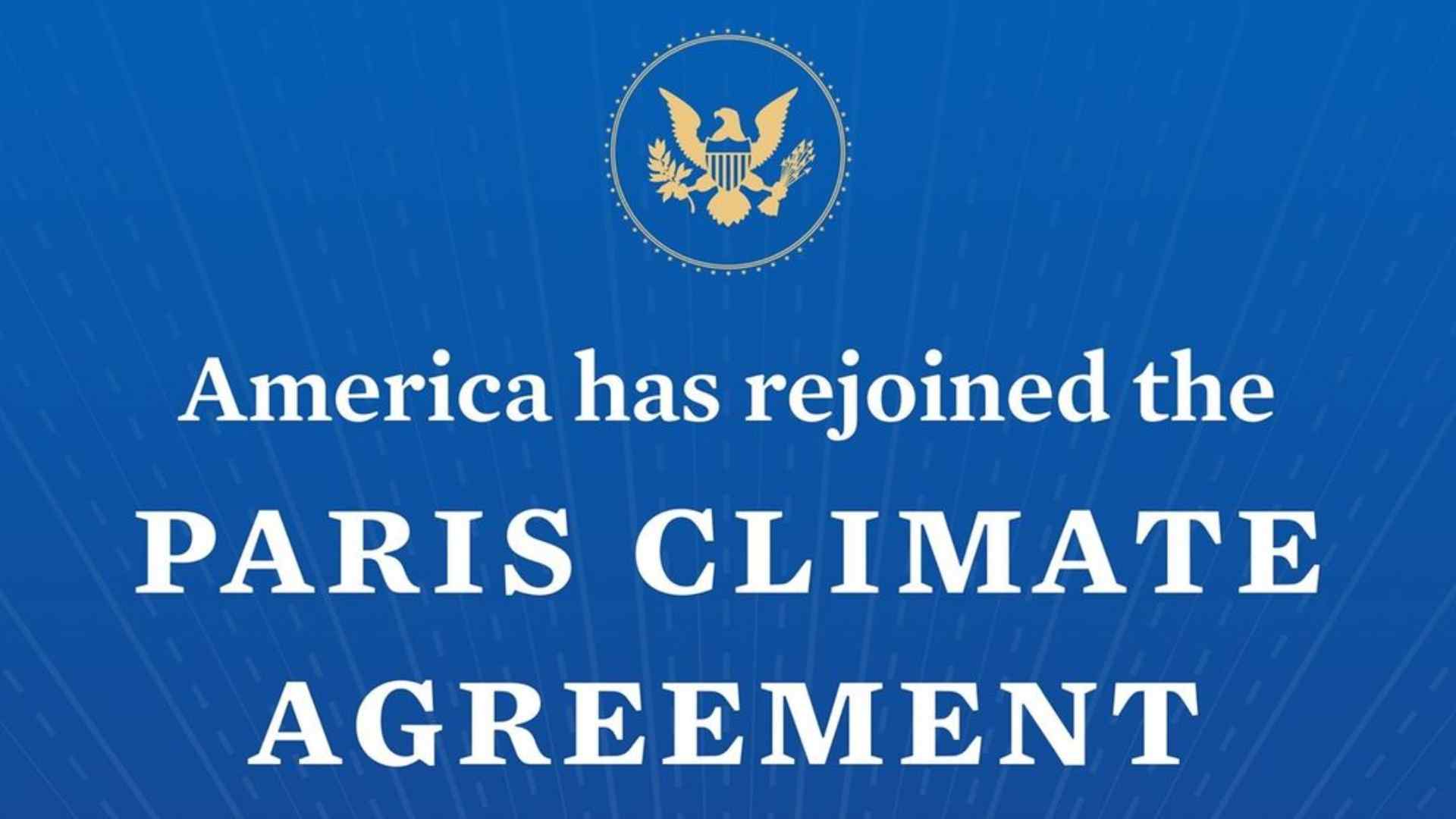
The Paris Climate Agreement was a historic 2015 international effort between several UN nations around their goals for limiting the increase in global temperatures.
Multiple countries agreed to stipulations that would reduce their greenhouse gas emissions in an attempt to limit global temperature increases to pre-industrial levels. 194 states plus the European Union are parties to the agreement. The US rejoined the agreement shortly after Joe Biden became president.
Diet Shift Agreement Among Experts

The survey found that a majority of respondents believe that human diets need to switch to livestock-replacement foods and get away from diets heavy on animal products.
“To align with the Paris Agreement, most (85%) experts agree it is important that human diets shift from livestock-derived foods to livestock replacement foods,” the study said. Overall, many researchers think that a sustainable future will have to come with a shift to a plant-based diet.
Experts Agree on Limiting Emissions
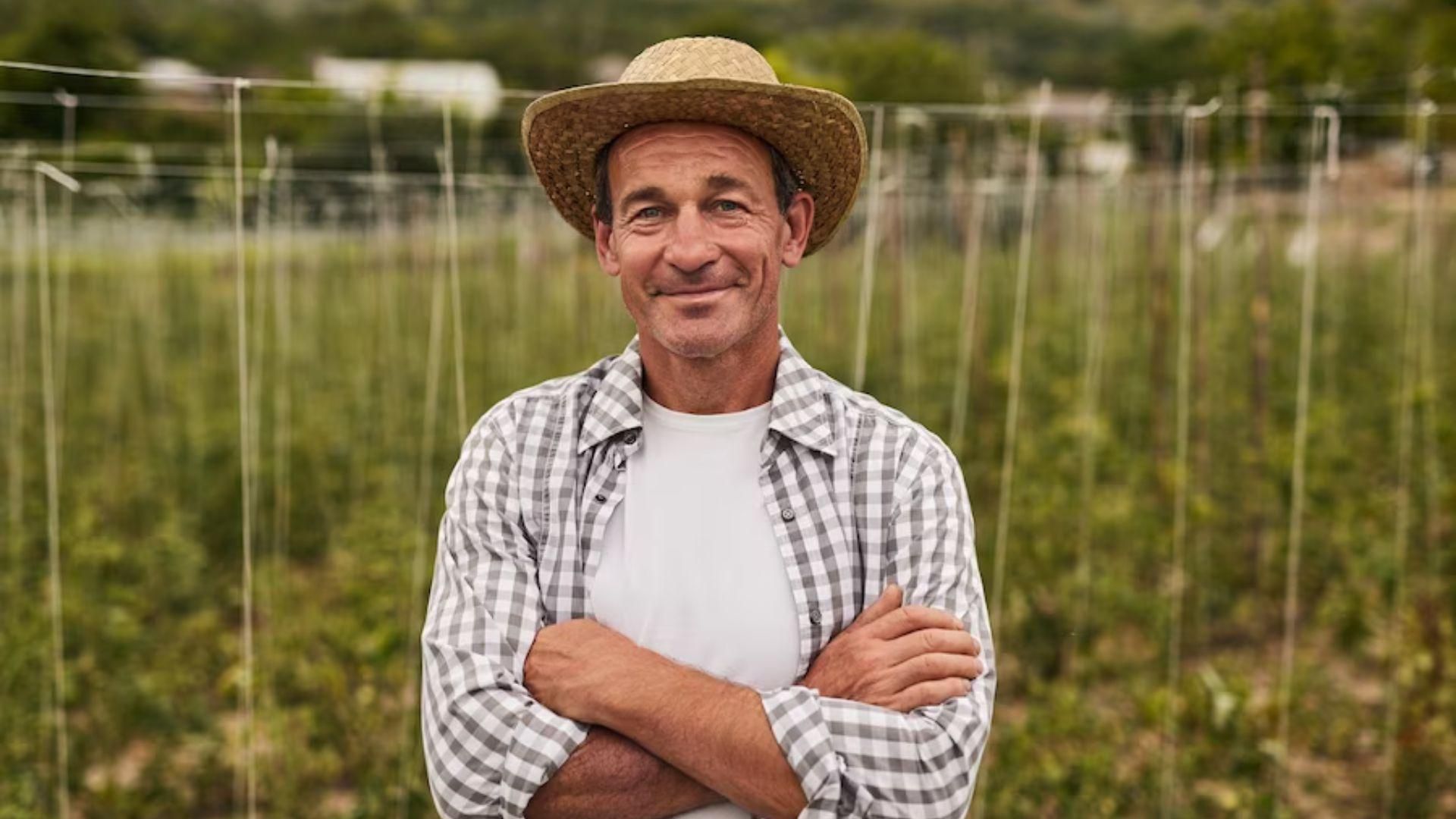
A crushing majority of experts surveyed agreed that controlling livestock agriculture emissions is critical to reducing global temperature increases.
“Most experts (92%) agree that reducing emissions from the livestock sector is important to limiting temperatures to a maximum of 2°C above pre-industrial levels, and that livestock emissions should be reduced as much as possible to reduce the risk of temperatures exceeding 1.5°C (87%) or 2°C (85%),” the study said.
Calls to Reduce Meat and Dairy
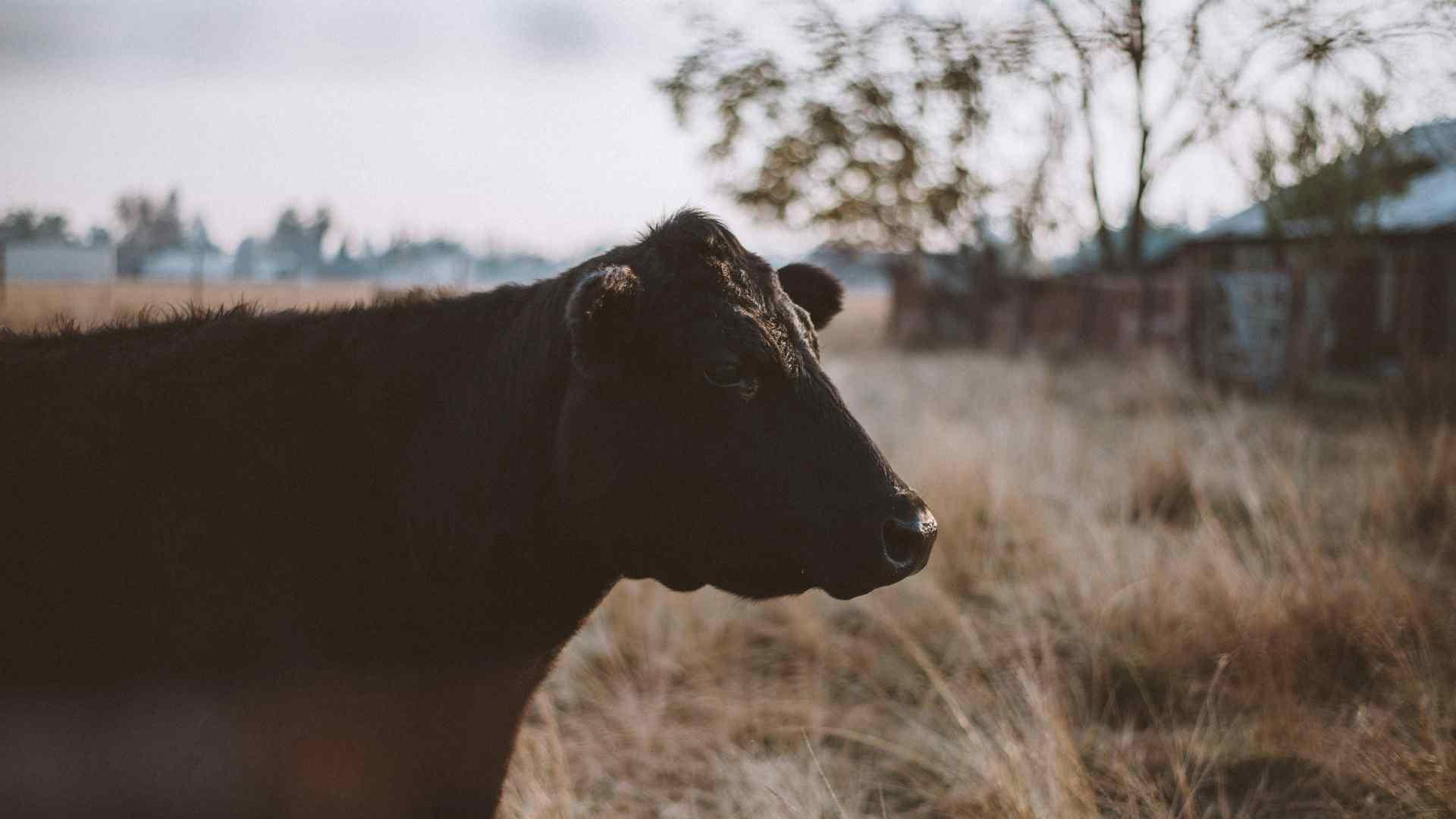
To comply with the Paris Climate Agreement, global emissions from livestock need to peak by the year 2030 and then trend downward. The study’s lead author, environmental social scientist Helen Harwatt, voiced the immediate concern of reducing livestock production.
“We need to see major changes in livestock production and consumption — really deep and rapid changes over the next decade,” said Harwatt.
Reducing Livestock Numbers
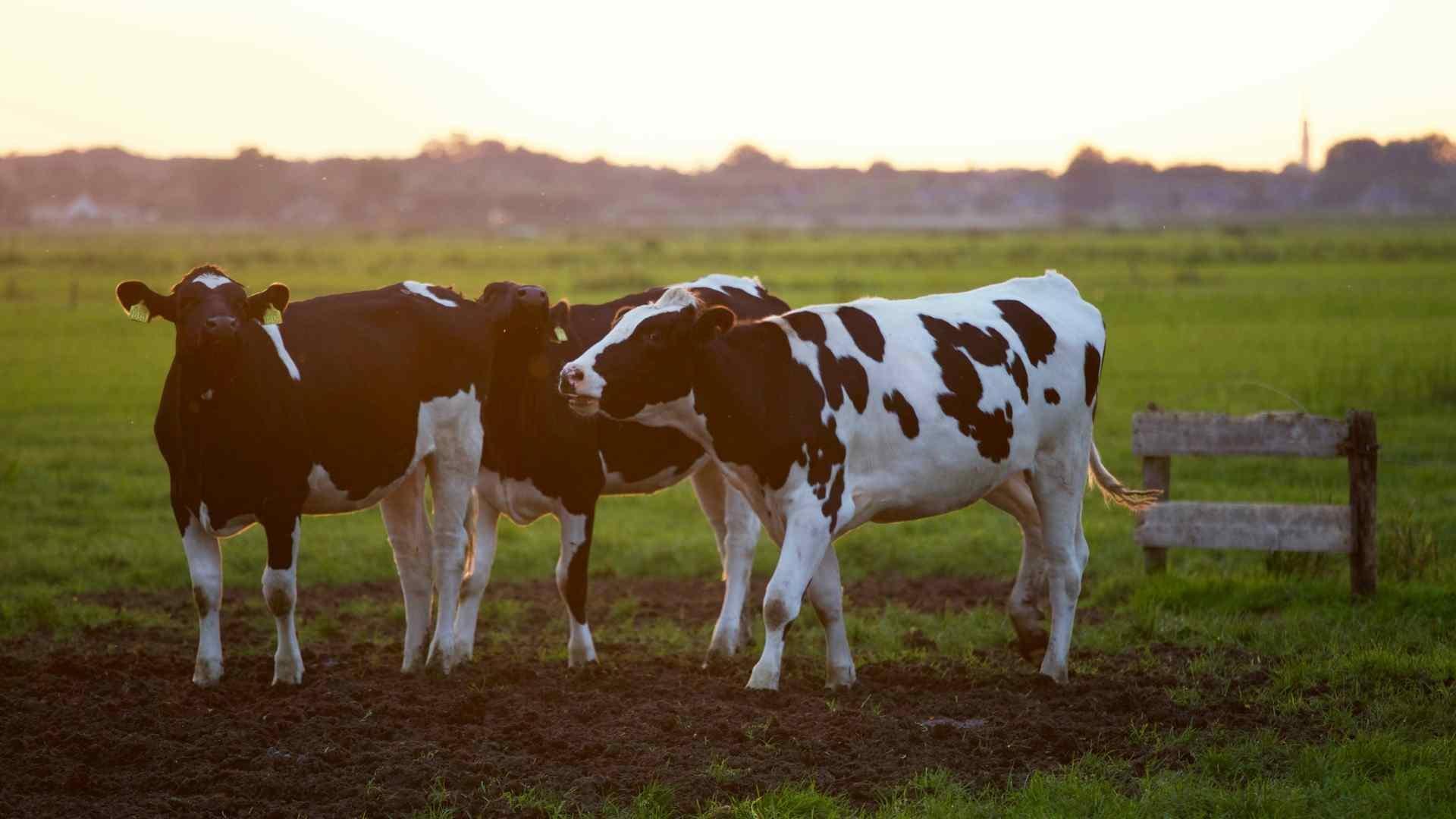
Pete Smith, a climate scientist and survey respondent insisted that the evidence points to reducing livestock consumption.
Smith said “We need to drastically reduce livestock numbers, particularly in high- and middle-income countries — the evidence shows that clearly.” Smith is a recognized authority on the issue and has been authoring United Nations environmental reports for decades.
Replace Beef With Other Meat
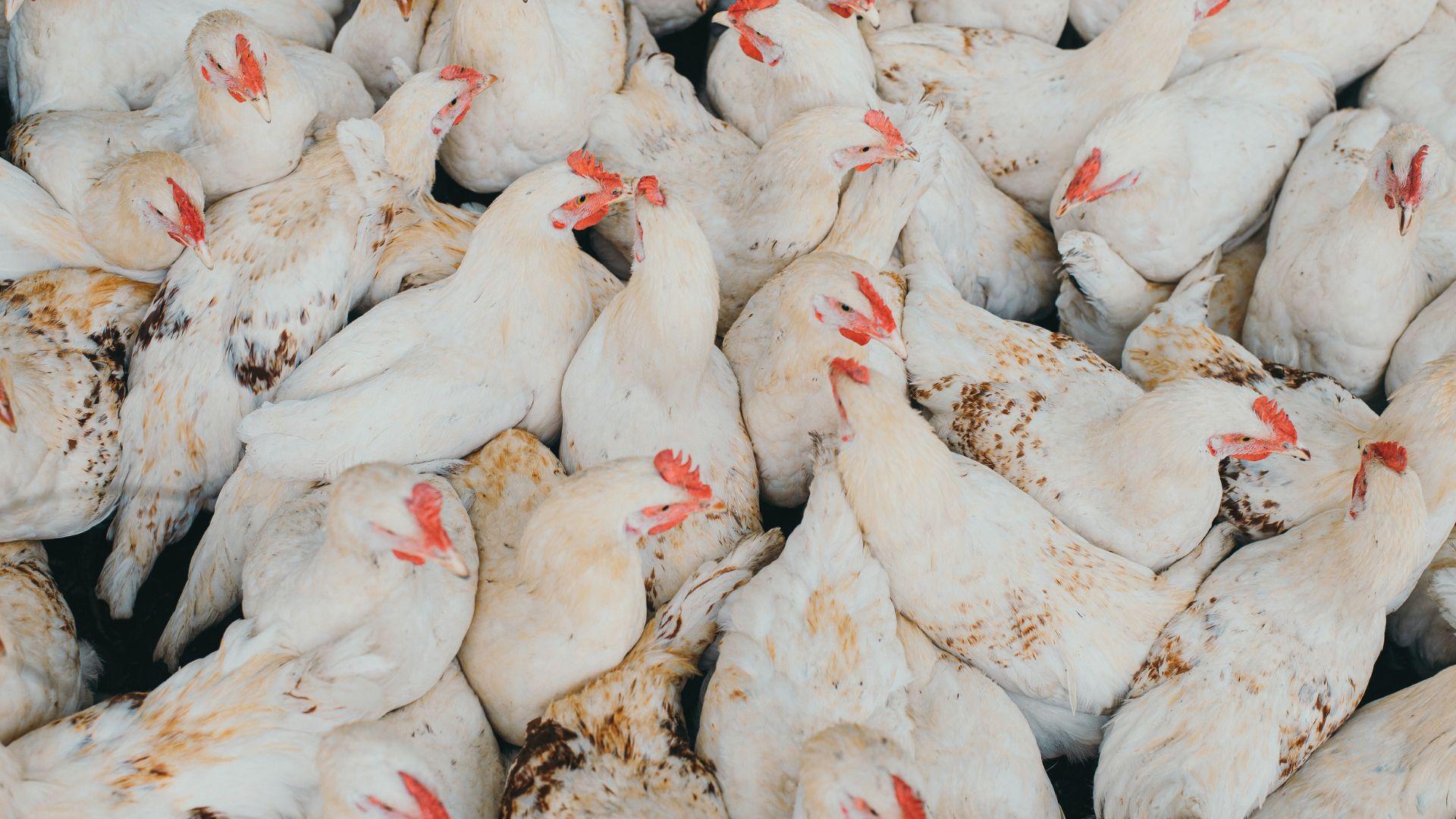
One issue survey respondents were asked about was their opinions on different types of livestock meat and their effect on the environment.
Half of the respondents reported that replacing beef with other meats like pork, poultry, and fish would be a huge way to reduce global livestock emissions. Some see it as a transitional step to focus on these meats while nations aim for plant-based diets further in the future.
Production Cost of Beef
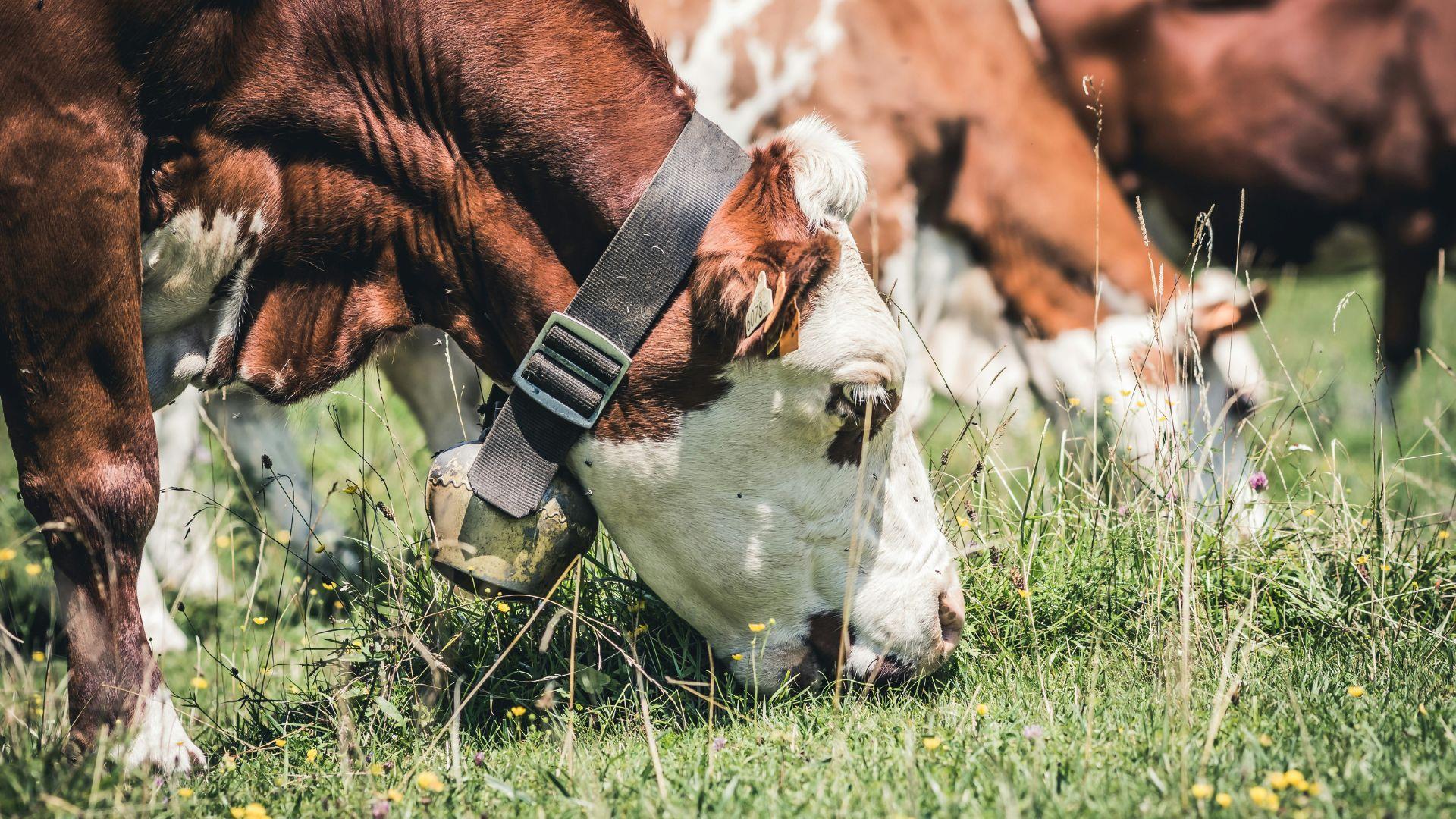
The beef sector produces the lion’s share of greenhouse gas emissions in the agricultural livestock industry. It emits approximately double the amount of CO2 of both lamb and mutton.
Beef emits around 219 pounds of carbon dioxide equivalents per pound. By comparison, cheese production emits 52 pounds, Pork emits 27 pounds, and farmed fish production emits 30 pounds. Poultry production is one of the lowest at 21 pounds of CO2 equivalents per pound.
Inefficient Consumption

Some criticize the transitional step approach because it undermines efforts to switch to plant-based foods, which would be vastly more efficient for meeting climate goals.
As Smith puts it “They’re eating products that are grown on land that could be growing food for humans instead, so it’s still a really inefficient thing to do to swap out ruminant [beef, lamb, goat] products for other different types of meat.”
Plant-based Products
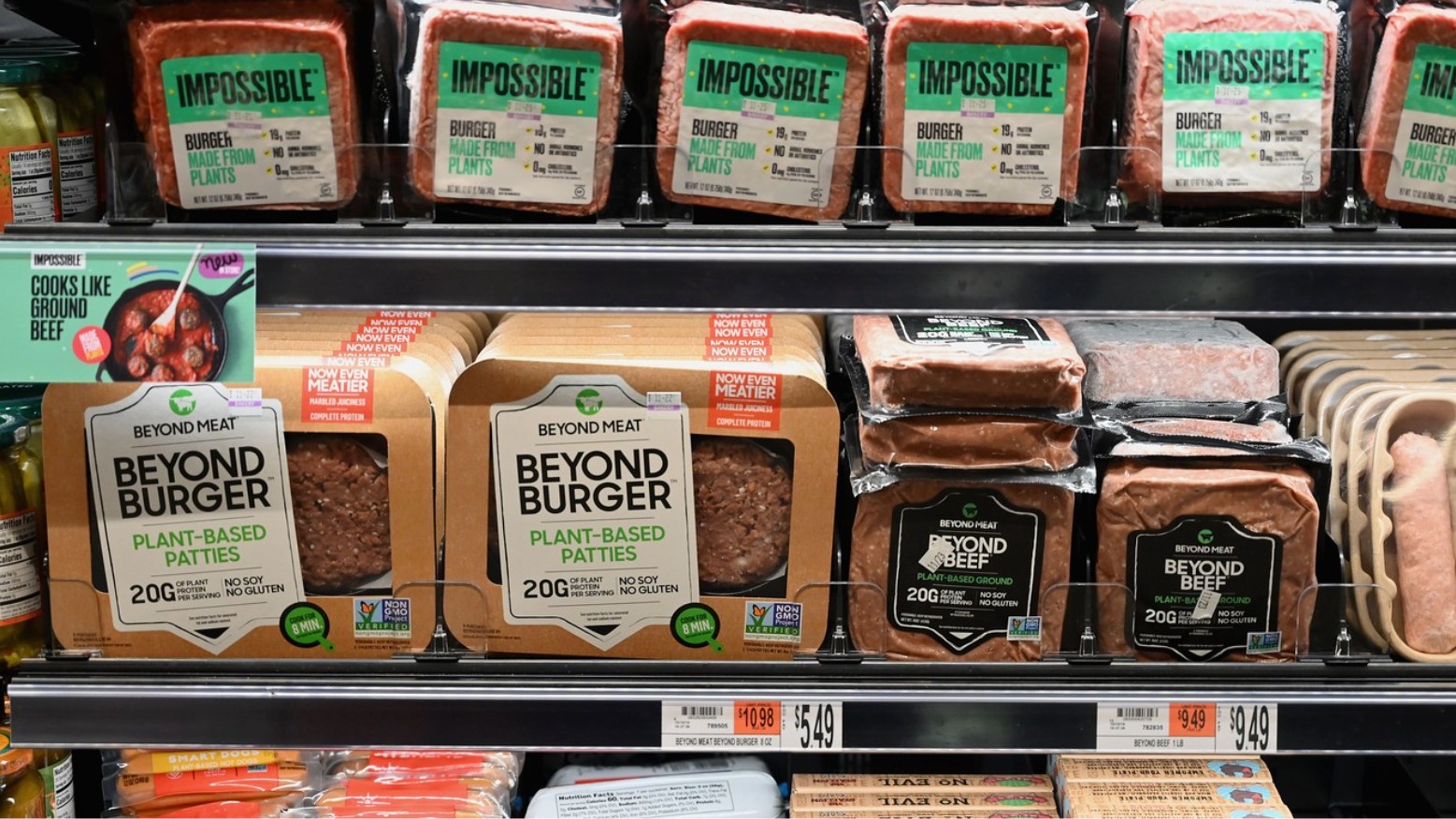
Smith lays out the case for switching to a plant-based diet. In addition to being better for the environment, it would also free up more land on the earth and is ultimately easier to sustain.
“Plant-based products that can be consumed directly by humans,” he said. “I think that’s got to be the way forward. And that’s the one that will free up the most land that will allow us to create the carbon sinks that we need.”
Easier Said Than Done
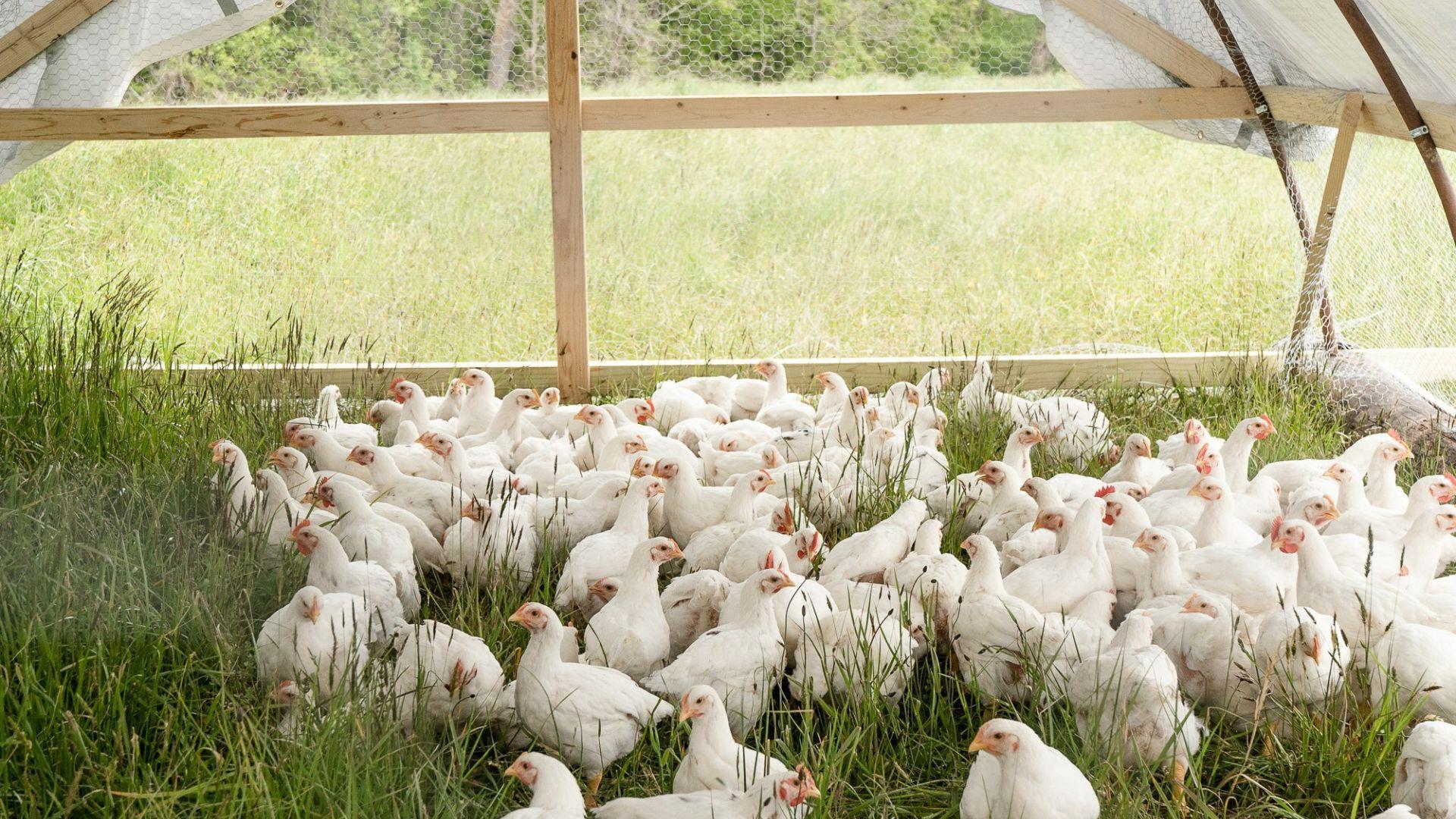
While just switching to plant-based diets is easy enough to imagine, the reality is it’s difficult to make such a sudden radical shift. Environmental issues and eating meat have become cultural and political issues that deeply divide people, stalling progress on any solutions.
Food and environmental researcher Lukas Fesenfeld from ETH Zurich said “As we have seen by the recent protests in Europe, it’s really becoming a left/right, or a liberal/conservative dividing line.”
